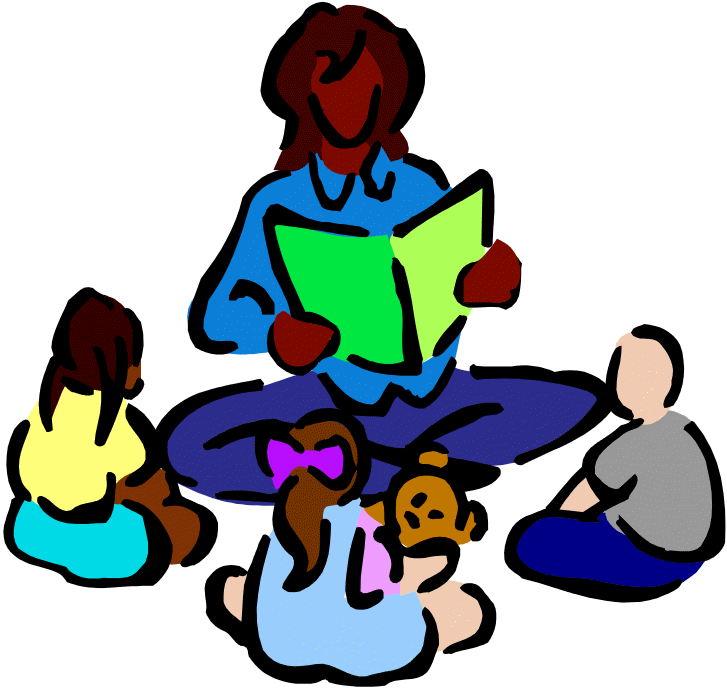Paths_#467405
PATHS_#467405.DOC
Head Start CARES
PATHS_#467405
OMB: 0970-0357
Preschool PATHS
(Promoting Alternative Thinking Strategies)
(http://www.channing-bete.com/prevention-programs/paths-preschool/)
The research-based PATHS program is a “social-emotional learning” comprehensive program designed to compliment existing Head Start programming by helping children develop social and emotional skills that are precursors to social and learning behaviors.
PATHS curricula include structured lessons that teach children ways to “think” about emotions and responses to peers in social interactions. Lessons are taught during “Circle Time,” along with “extension activities” for teachers to embed at other times that give children opportunities to practice the targeted cooperation, communication, self-control, and social problem-solving skills. The conceptual model for PATHS places children’s social and emotion skills as the primary target of this intervention model.
Targeted social skills include:
|
Language and Communication Skills; |
|
Cooperative Play Skills; and |
|
Aggression Control and Social Problem-Solving Skills. |
Targeted emotion skills include:
|
Emotion Regulation – the ability to adjust emotional responses in a way that is appropriate to the context; |
|
Emotion Knowledge – the ability to accurately identify and label a variety of emotions in one’s self and others; and |
|
Emotional Expression – the ability to effectively use emotions in relationships with others. |
Through development of these skills, PATHS is intended to influence both social behaviors that foster positive peer and teacher relationships, and learning behaviors, which include the child’s cooperative participation in classroom activities and sustained involvement in tasks. In turn, changes in these behaviors contribute to children’s early academic skill development.
W

Number of lessons: 44
Frequency of lessons: 1-2 times per week
| File Type | application/msword |
| File Title | Sample |
| Author | DANA.FONEY |
| Last Modified By | Ximena Acevedo |
| File Modified | 2008-10-02 |
| File Created | 2008-10-01 |
© 2026 OMB.report | Privacy Policy